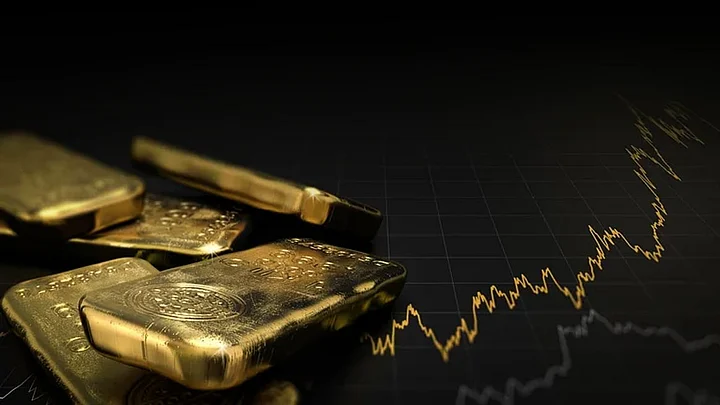In roughly a year from now, India will set up a gold exchange.
Finance Minister Nirmala Sitharaman, in her budget speech on 1 February, announced that the government will notify the Securities and Exchange Board of India (SEBI) as the regulator for gold exchange.
With this, India’s hopes of having a regulated national gold market came a step closer to reality as roughly two years after the government had first made the announcement for gold spot exchanges.
How will this help investors – and how will a bullion exchange work?
What’s the need for a bullion exchange in India?
India is the world’s top gold consumer after China with an annual gold demand of approximately 800-900 tonnes.
Even though India’s gold consumption fell down to an eight-year low in 2017, due to shift to the GST tax regimes, price hikes, and low demand, in Q4 of 2019, India consumed 136 tonnes of gold approximately, while China consumed 132.1 tonnes.
But for a country that consumes so much gold, India lacked a centralised market for physical trading of gold, quality assurance, or a national benchmark price. That’s why experts have been asking for reforms in the gold market to address these challenges.
How can a centralised gold market be a game-changer in India?
First and foremost, setting up of a spot exchange and a regulator along with the reduction in customs duty on gold and silver in Budget 2021 can bring in a great amount of transparency in gold trading which will encourage retail buyers especially, which in turn can enhance gold investment in the country.
While so far jewellery associations have been determining prices of gold, the market has been fragmented without quality or price assurance. The announcement of setting up gold exchange was made two years back, but the SEBI is going to be the market regulator.
Once the setup is done, the gold exchange trading is expected to bring a huge amount of difference to the Indian gold market that can turn it into a global price-setter.
As per a Financial Times report, while London has long been a global gold trading hub, since the setting up of the People’s Bank of China-controlled Shanghai Gold Exchange in 2002, China’s market has grown into the world’s largest.
What will be SEBI’s role exactly?
As a Livemint report explains, “High standard of governance is key if the exchange is to aspire for leadership in Asian gold markets.”
The role of a regulator in the gold market would mean that there would be quality assurance, risk management, high quality clearing, and settlement.
When will the gold exchange be functional and how will it work?
The government hasn’t set up a date as such yet, but India Today quoted India Bullion and Jewellers Association Ltd secretary Surendra Mehta as saying, “Now that the SEBI has been appointed, we are hoping that maximum in a year’s time this exchange will be functional.”
Once that’s done, people will be able to buy gold in paper form through gold exchange traded funds or gold mutual funds or sovereign gold bonds.
